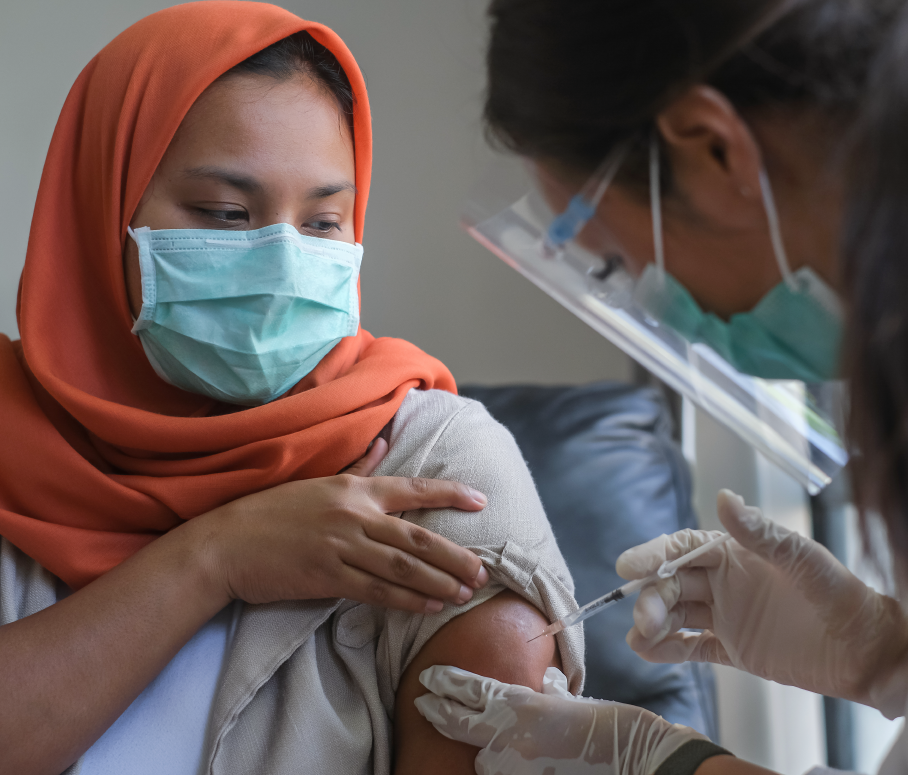Experts recently voiced their opposition to expanding the WTO Agreement on Trade Related Aspects of Intellectual Property (TRIPS) waiver beyond COVID-19 vaccines to include COVID treatments. The Geneva Network’s recent report outlining five reasons against the waiver’s expansion and corresponding expert panel event help to shed light on the “misguided and counterproductive” proposal. Here, we break down some of these key arguments and alternative solutions.
Evidence shows that the supply of COVID-19 treatments far exceeds demand. In 2022, governments and organizations have purchased 80 million courses, but have administered only 18 million thus far. Innovation policy expert Jennifer Brant notes that there’s been lower demand for therapeutics because of issues like slow procurement and lack of physician awareness. Removing IP protections won’t address any of these challenges, and instead the focus must be on the actual challenges impeding access and utilization. Prof. Bryan Mercurio identified infrastructure, procurement and distribution as the true challenges to overcome.
Waiving TRIPS for therapeutics is doubly unnecessary, given that manufacturers are collaborating with generic companies and donating treatments worldwide. For example, Pfizer entered into a voluntary license agreement with the Medicines Patent Pool (MPP) to share its IP related to Paxlovid, which has enabled 38 companies to manufacture the generic treatment, providing access to 95 low- and middle-income countries (LMIC) and covering up to approximately 53% of the world’s population. In total, 29 nations have 143 COVID-19 treatment licensing agreements, according to Airfinity data. Prof. Mark Schultz and Geneva Network’s Philip Stevens point out that expanding the TRIPS waiver would undermine existing voluntary agreements and “harm an essential source for the manufacture of quality-assured products of the highest standards.”
Beyond the current pandemic, an expanded TRIPS waiver would jeopardize future innovation, both for COVID-related therapeutics and for unrelated diseases. There is a massive amount of ongoing research and development (R&D) related to COVID-19 therapeutics; as many as “205 antivirals and 305 treatments under development as of 19th September 2022,” according to the report. IP policy expert Amir Ullah Khan remarks that the TRIPS waiver is causing “a lot of discomfort” among investors and predicts investment “will find itself going to places which have greater clarity on patenting.” Additionally, a number of COVID treatments are either already approved or being studied to treat other viruses and illnesses. Disincentivizing innovation around COVID-19 will have a far broader impact on medical treatment development.
Instead, the expert panel points to number of more effective solutions to increase access to treatments and improve public health. Brant highlights the importance of “creating the right environment for partnering in tech transfer initiatives…to increase the skills-based human capital needed in many countries for biomanufacturing.” Schultz and Stevens further emphasize the role that trade, infrastructure and multilateral organizations can play in addressing insufficient access. Expanding the TRIPS waiver to COVID treatments will undermine current and future innovation, as well as existing partnerships, and fail to address the true barriers to access.
The waiver would undermine existing voluntary agreements and “harm an essential source for the manufacture of quality-assured products of the highest standards."
– Prof. Mark Schultz and Philip Stevens


